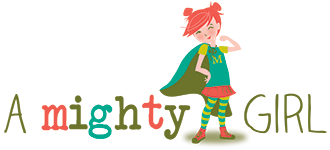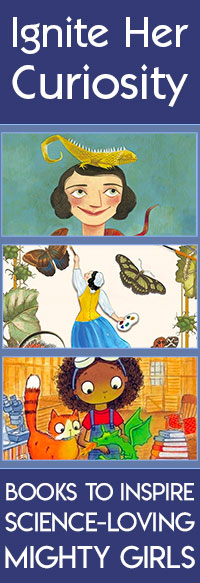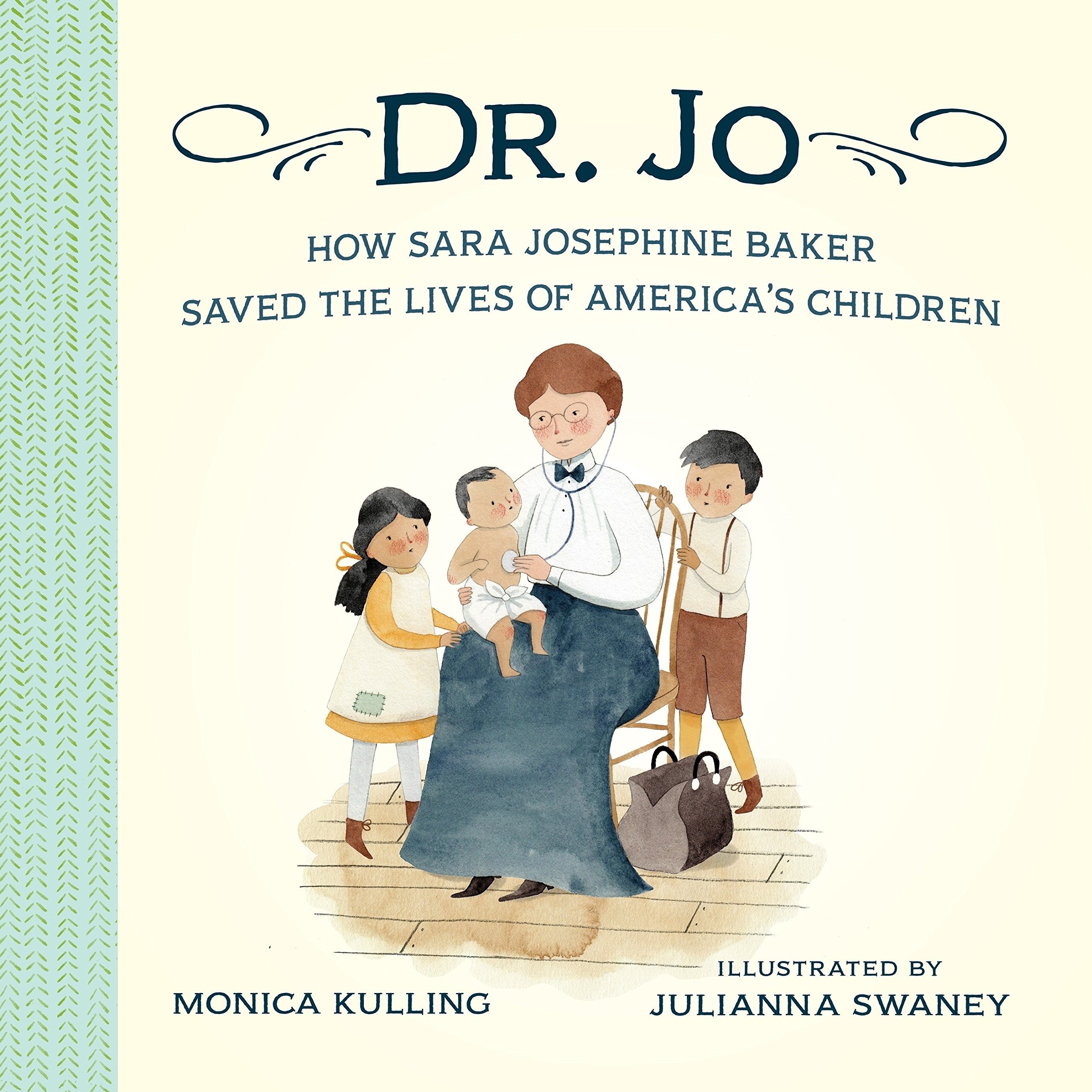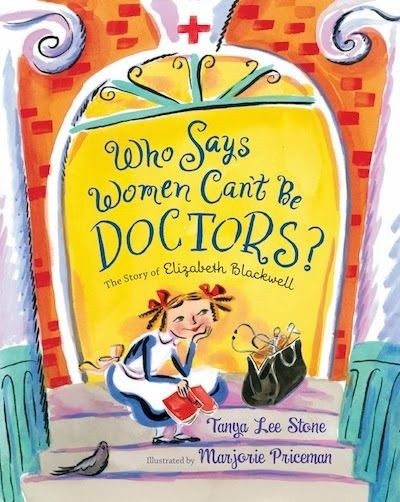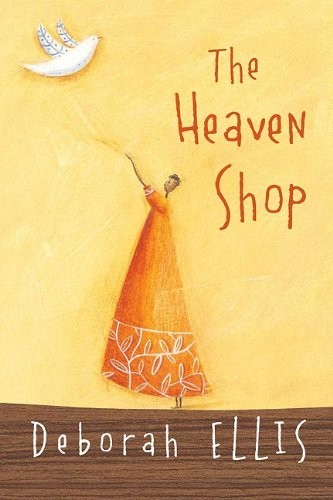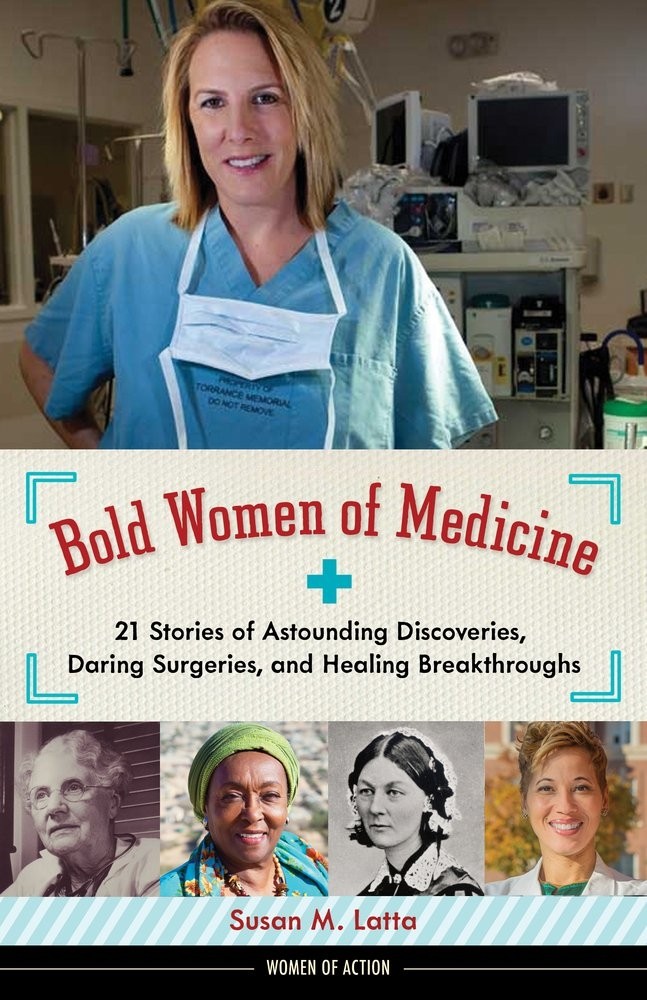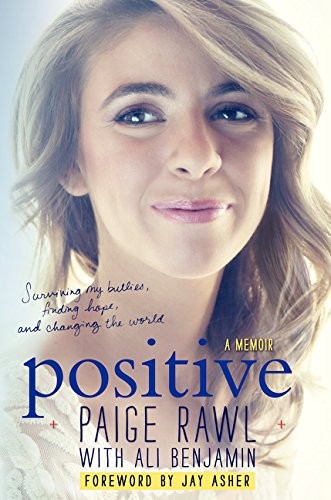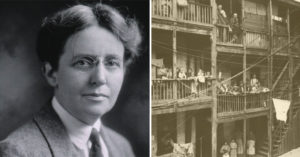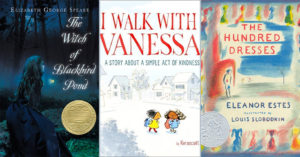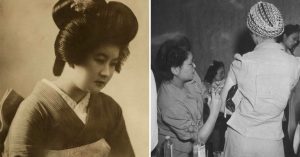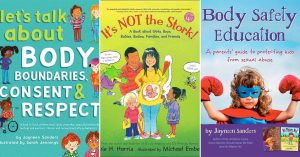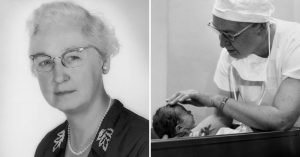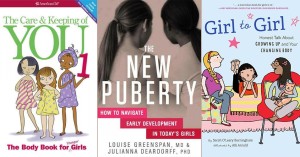Dr. Shuping Wang faced violence and intimidation for exposing the truth about epidemics in China that killed more than one million people.
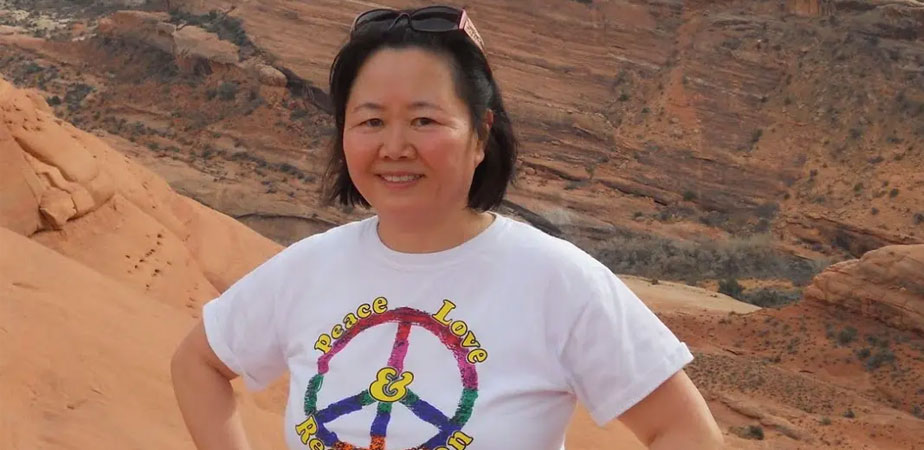 In the early 1990s, Dr. Shuping Wang discovered a shockingly high rate of contaminated blood at collection centers in China's Henan province. Despite threats, intimidation, and violence, Wang became a two-time whistleblower, exposing first China's hepatitis C epidemic and later its raging HIV epidemic, which killed over one million people in the country during this period. Wang said that there was never any question that she would persevere in exposing the truth about the epidemics even in the face of severe personal consequences. "Being a medical doctor, my primary interest is to my patients and to the public, not to myself," she said in an interview shortly before her death. "Speaking out cost me my job, my marriage and my happiness at the time, but it also helped save the lives of thousands and thousands of people."
In the early 1990s, Dr. Shuping Wang discovered a shockingly high rate of contaminated blood at collection centers in China's Henan province. Despite threats, intimidation, and violence, Wang became a two-time whistleblower, exposing first China's hepatitis C epidemic and later its raging HIV epidemic, which killed over one million people in the country during this period. Wang said that there was never any question that she would persevere in exposing the truth about the epidemics even in the face of severe personal consequences. "Being a medical doctor, my primary interest is to my patients and to the public, not to myself," she said in an interview shortly before her death. "Speaking out cost me my job, my marriage and my happiness at the time, but it also helped save the lives of thousands and thousands of people."
Born in 1959, Wang graduated from Henan Medical College in 1983 with a specialization in infectious diseases. While working for the Zhoukou Center for Disease Control and Prevention in 1991, she was transferred to a plasma collection center in the city of Zhoukou, which was part of Henan's Plasma Economy project — a massive blood plasma for payment campaign involving three million largely rural poor donors in the early 1990s. At the plasma center, Wang quickly became concerned about the risk of a hepatitis outbreak due to poor sterilization and collection practices at the center where many poor local residents sold their blood. Among the unsafe practices, donors' blood would be mixed together after it was drawn, and, once the plasma was extracted, the remaining mixed blood was reinjected into the donors; if a single donor in a group was infected, the infection could then spread to everyone.
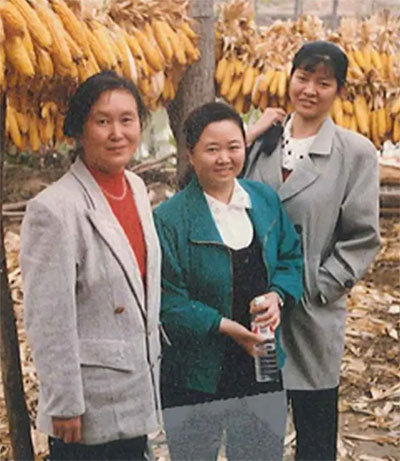 Dr. Shuping Wang, center, with colleagues visiting AIDS patients in a rural village in China.
Dr. Shuping Wang, center, with colleagues visiting AIDS patients in a rural village in China.Wang suspected that hepatitis C infection was already widespread among the donors, and decided to investigate the scale of the problem herself. "I tested 64 serum samples... [and] 34% of the samples tested positive for hepatitis C antibody," she wrote in an account of her experience. "I warned the station leaders to protect the donors and to clean up cross-contamination. But he told me that 'This will increase cost.'" Undeterred, she reported the outbreak to the Ministry of Health, and within a year, a new procedure requiring hepatitis C screening for all donors was implemented.
For Wang, however, there were immediate personal consequences for revealing these failings in the plasma donation centers. "I was kicked out by the station leaders," she recalled. "Plasma collection was for-profit, and my actions impeded the business." She was reassigned to work in a health bureau, but she was still worried about epidemics, both in Zhoukou and across the country. "I knew that hepatitis C and HIV had the same routes of infection," she said. "If an HIV-infected drug user’s blood was mixed into the station, it would spread fast among donors just like hepatitis C virus. I didn’t want to sit in the office of the Health Bureau waiting for the arrival of an AIDS epidemic." In 1995, Wang used test kits she had purchased herself to check 400 blood samples and found that 13% were HIV positive.
Once again, after local public health officials refused to take action due to costs, she was forced to blow the whistle and speak to Ministry of Health officials in Beijing. Shortly afterward, Wang became the target of intense pressure and threats by local officials who wanted her to falsify her data about the scale of the HIV outbreak at the plasma centers. When she refused, a retired leader of the Health Bureau came to her lab and smashed her equipment and struck her with a baton; her utilities were then cut off, destroying the blood samples she had collected. At a health conference she attended later that year, a high-ranking official complained about a "man in a district clinical testing center [who] dared to report the HIV epidemic directly to the central government." Wang recalls that "I stood up and said I'm not a man. I'm a woman and I reported this." She was subsequently fired from her job and told that she should "stay home and work for [her] husband."
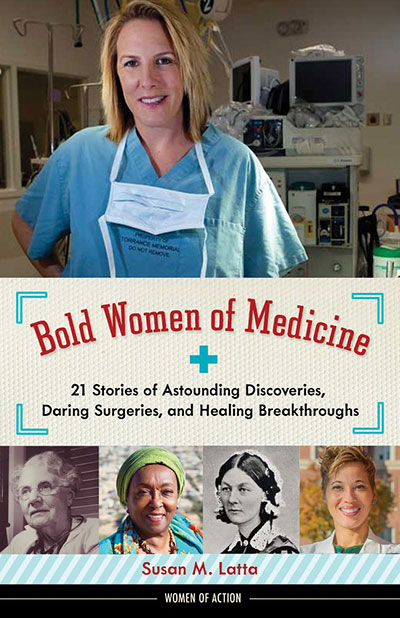 Although, once again, the personal consequences to Wang were significant, her efforts paid off — the plasma centers were shut down in 1996 and reopened only after they added HIV testing. "I felt very gratified," Wang wrote, "because my work helped to protect the poor.” The years of negligence and cover-up by the booming and lucrative for-profit plasma centers, whose products were in high demand by biotech companies, and inaction by the Chinese government came at a very steep cost. Commercial plasma donation and the resulting HIV/AIDS and hepatitis C epidemics killed more than one million people in the 1990s, the majority in the Henan region.
Although, once again, the personal consequences to Wang were significant, her efforts paid off — the plasma centers were shut down in 1996 and reopened only after they added HIV testing. "I felt very gratified," Wang wrote, "because my work helped to protect the poor.” The years of negligence and cover-up by the booming and lucrative for-profit plasma centers, whose products were in high demand by biotech companies, and inaction by the Chinese government came at a very steep cost. Commercial plasma donation and the resulting HIV/AIDS and hepatitis C epidemics killed more than one million people in the 1990s, the majority in the Henan region.
After becoming a whistleblower for a second time, Wang faced continued intimidation and was largely ostracized by health officials; with minimal career opportunities open to her in China, she immigrated to the US in 2001. She chose the English name Sunshine, began working as a medical researcher at the University of Utah, and eventually remarried. Until the recent production of The King of Hell's Palace, a play inspired by Wang's “extraordinary mission to expose a cover-up of epic proportions," few people knew her name; the playwright, Frances Ya-Chu Cowhig, calls Wang a "public health hero."
In a recent development to Wang's story, prior to the play's debut in London, Wang said that her relatives and former colleagues in China were being pressured by the Chinese government to persuade her to cancel the play. “Their reason is that this play will embarrass and damage the Chinese government and the reputations of specific officials," she explained in an interview shortly before her death in 2019 at the age of 59 due to a heart attack while hiking near Salt Lake City, Utah. Wang held firm, however, hoping that the play would help bring light to the epidemics which she said the Chinese government has successfully covered up through "bullying and censorship." Still, even today, the intimidation was a challenge: "The only thing harder than standing up to the government and their security police is not giving in to pressure from friends and relatives who are threatened with their livelihoods, all because you are speaking out," Wang said shortly before she died. "But even after all this time, I will still not be silenced."
Books About Pioneering Women of Medicine And the AIDS Epidemic
Dr. Jo: How Sara Josephine Baker Saved the Lives of America's Children
Dr. Jo: How Sara Josephine Baker Saved the Lives of America's Children
After Sara Josephine Baker lost her brother and father to typhoid fever, she knew she wanted to be a doctor. But when she graduated in 1898, few people wanted to see a woman doctor, so Dr. Jo took a job in public health working in Hell's Kitchen, one of New York's poorest neighborhoods. She realized that, by improving the health of children, she could improve the health of a whole community. Dr. Jo assigned visiting nurses to new mothers, designed safe infant clothing, set up milk stations, and created training and licensing for midwives — and her work saved over 90,000 children. This picture book biography of a groundbreaking woman in medicine highlights how simple innovations can have an enormous impact.
Who Says Women Can't Be Doctors?: The Story of Elizabeth Blackwell
Who Says Women Can't Be Doctors?: The Story of Elizabeth Blackwell
Elizabeth Blackwell didn’t want to be a wife, or a teacher, or a seamstress: she wanted to be a doctor! But in the 1830s, that just wasn't something women did. Elizabeth wasn't swayed, though: when people told her she wasn’t smart enough, or strong enough, she knew better. She fought her way past detractors and skeptics to attend medical school, and not only was she the first woman to graduate from a medical degree in the US, she became the first woman to join the UK Medical Register. Her brilliant career would become an inspiration for generations of women after her. With its colorful art and inspiring tone, this is sure to be a favorite for would-be doctors everywhere.
The Heaven Shop
The Heaven Shop
13-year-old Binti Phirim was the child star of a popular radio program in Malawi — until her grandmother acknowledged what everyone else was refusing to say: her father and mother died of AIDS. As an AIDS orphan, she is treated as the lowest of the low; her relatives take all of the family's possessions, and even the uncle who grudgingly adopts her directs his children to stay away from her. Binti struggles with anger and grief, and wonders if everything that made her special has been erased, contaminated by her proximity to the virus. Fortunately, her kindhearted grandmother, who runs a shelter for AIDS orphans, offers a place to stay and recover her sense of self. This powerful novel that explores myths about AIDS transmission and cultural responses to disease was inspired by the stories of real AIDS orphans.
Auma's Long Run
Auma's Long Run
Auma's love of running might be the ticket to a better future: the young Kenyan track star hopes her athletic skill can help earn her a scholarship to attend high school and maybe even university. But there is a strange new sickness called AIDS in her country... and when her father gets sick, Auma has a difficult choice to make. If she leaves home, her struggling family will lose her help — but if she stays, she can never become a doctor, something that might allow her to help people around the world. Author Eucabeth Odhiambo draws on her experiences at the beginning of Kenya's AIDS crisis to create this story about the power of education.
Bold Women of Medicine
21 Stories of Astounding Discoveries, Daring Surgeries, and Healing Breakthroughs
Bold Women of Medicine
21 Stories of Astounding Discoveries, Daring Surgeries, and Healing Breakthroughs
From 19th century battlefield nurses Clara Barton and Florence Nightingale, to modern medical miracle workers like Dr. Catherine Hamlin and Dr. Bonnie Simpson Mason, women have long played a key role in medicine — but their contributions have often been downplayed or forgotten. In this fascinating new title from the Women of Action series, readers get to meet some of the daring and trailblazing women of the past two hundred years of medicine. These women defied prejudices and expectations, created incredible new procedures, and devoted their lives to healing people around the world.
Chanda's Secrets
Chanda's Secrets
In 16-year-old Chanda's world, many things are shrouded with secrets. Like the death of her baby stepsister, who her mother says "went on a trip." Her mother is weakening, both from her own illness, which she refuses to explain to her daughter, and from her descent into drinking. A nosy neighbor theorizes that a curse is involved, but Chanda's heard whispers of the disease called AIDS — and has seen the increasing number of graves being dug for people in her village who have died. And when her best friend, desperate for money, considers prostitution, AIDS touches Chanda's life again. If she's going to build a future for herself and her family, Chanda needs to tear away the secrets and lies and face the truth. This powerful novel has also been adapted into a motion picture, Life, Above All.
Positive: A Memoir
Positive: A Memoir
Prejudice and fear about AIDS is not a far-off reality; it happens every day in our own communities. Paige Rawl was born HIV positive, but her illness never defined her; with modern treatments, she had every reason to believe she could live a full life. But when she tells a friend about her HIV status in middle school, she finds herself in the middle of a vast bullying campaign. As her schoolmates mocked her mercilessly, the school administration refused to help, telling her that she should just lie and pretend she wasn't HIV positive. After spiraling into depression, though, she came out the other side determined to make a difference — and teach people how important kindness can be. This heartbreaking but inspiring memoir is a reminder of how much we all need to do to tackle HIV stigma.
Life, Above All
Life, Above All
After her baby sister dies, 12-year-old Chanda learns that people in her neighborhood are saying that her mother has HIV and killed the baby with her milk. The village's fear and shame break the family apart, and Chanda's mother flees, leaving Chanda to keep up appearances and care for her siblings. But as her friend Esther is forced into prostitution — putting her at risk of contracting the virus — and Chanda begins to understand just how much these secrets are hurting people, she decides to search for her mother — and the truth of what is happening to her community. This inspiring film, based on the award-winning novel Chanda's Secrets, is a tribute to the power of truth to change the world for the better.

When AIDS emerged in the 1980s, the public response was negligible; it seemed easier to say this mysterious disease was confined to gay men than the face the fact that a dangerous new virus — one which took years to reveal its affects — might be creeping through the population unseen. Ignored by the governments and public health agencies that should have helped them, early AIDS activists became their own advocates, researchers, and doctors. They funded experiments, founded research journals, and even smuggled badly needed medications to people in need. How to Survive A Plague is a remarkable insider's account of the grassroots movement that forced the world to pay attention to the needs of HIV-positive people, driving the development of today's modern treatments.
